Senior administration officials report that over 50 nations have initiated discussions with the United States to negotiate trade terms, but the president said on Sunday he won’t ease off one country in particular.
Kevin Hassett, Director of the National Economic Council, shared on ABC’s “This Week” that the Office of the U.S. Trade Representative informed him of the international outreach.
Hassett noted that these countries recognize their significant exposure to the tariffs and are motivated to engage in negotiations.
“They’re doing that because they understand that they bear a lot of the tariff,” he stated.
He downplayed potential impacts on American consumers, attributing the persistent trade deficit to foreign nations’ inflexible supply strategies and practices.
“I don’t think that you’re going to see a big effect on the consumer in the U.S. because I do think that the reason why we have a persistent, long-run trade deficit is these people have very inelastic supply,” he added. “They’ve been dumping goods into the country in order to create jobs, say, in China.”
Treasury Secretary Scott Bessent, speaking on NBC’s “Meet The Press,” echoed this sentiment, noting that over 50 countries have approached the administration to discuss reducing non-tariff trade barriers, lowering tariffs, and addressing currency manipulation.
“I can tell you that as only he can do at this moment, he has created maximum leverage for himself,” he said about Trump’s tariffs.
On Fox News’ “Sunday Morning Futures,” Peter Navarro, White House Senior Counselor for Trade and Manufacturing, described the situation as a national emergency driven by an out-of-control trade deficit resulting from unfair practices.
“This is not a negotiation,” he pointed out. “This is a national emergency based on a trade deficit that’s gotten out of control because of cheating.”
He was confident that lowering tariffs is wouldn’t be enough, highlighting issues like currency manipulation and product dumping.
“This is what people have to understand. It’s the non-tariff cheating that matters the most,” he added.
Navarro did note that the affected countries may be able to negotiate with the United States, but they’re going to have to give something in return.
“We’re always willing to listen. That’s what Donald Trump does best,” he continued. “But I want to just say to the world here, if you want to come and talk to us, don’t say you want to lower their tariffs and be done with it.
Navarro called for the elimination of non-tariff barriers, citing examples such as Europe’s value-added tax and restrictive agricultural standards, and Vietnam’s seafood dumping, which adversely affects American industries.
Commerce Secretary Howard Lutnick defended the comprehensive nature of the tariffs, including their application to uninhabited territories like the Heard and McDonald Islands.
In an interview on CBS News’s “Face the Nation,” Lutnick explained that excluding any region could create loopholes for countries to exploit, allowing them to circumvent tariffs by routing goods through these areas.
He cited past instances where nations redirected exports through third countries to evade trade measures, highlighting the necessity of a blanket approach to tariff implementation.
“The president knows that. He’s tired of it, and he’s going to fix that,” Lutnick said. “So basically he said, ‘Look, I can’t let any part of the world be a place where China or other countries can ship through them,’ so he ended those loopholes, these ridiculous loopholes.’”
On the other side of the aisle, Senator Adam Schiff (D-Calif.) criticized the administration’s tariff strategy on NBC News’s “Meet the Press.”
Schiff warned that the approach could damage the economy, potentially leading to what he termed the “Trump recession.”
He expressed concerns about the broader economic implications, including the freezing of funds, dismissal of officials, and strained relationships with allies.
“Unfortunately, he’s wrecking our economy,” Schiff said of Trump. “I hope and pray we stay out of recession, but if we head into a recession, it will be the Trump recession.”
Amid market fluctuations and apprehensions about escalating trade tensions, President Trump addressed the nation via Truth Social, asserting that China has been more adversely affected by the tariffs than the United States.
“China has been hit much harder than the USA, not even close. They, and many other nations, have treated us unsustainably badly. We have been the dumb and helpless ‘whipping post,’ but not any longer,” Trump wrote.
“This is an economic revolution, and we will win,” he added. “Hang tough, it won’t be easy, but the end result will be historic.”
Speaking to reporters aboard Air Force One, Trump reiterated his commitment to addressing the substantial trade deficit with China, which he quantified at over a trillion dollars.
“Hundreds of billions of dollars a year we lose with China. And unless we solve that problem, I’m not going to make a deal,” he said.
“The United States can’t lose $1.9 trillion on trade. We can’t do that and also spend a lot of money on NATO in order to protect European nations, we cover them with military and we lose money on trade,” Trump added. “The whole thing is crazy, and I got elected on that basis.”

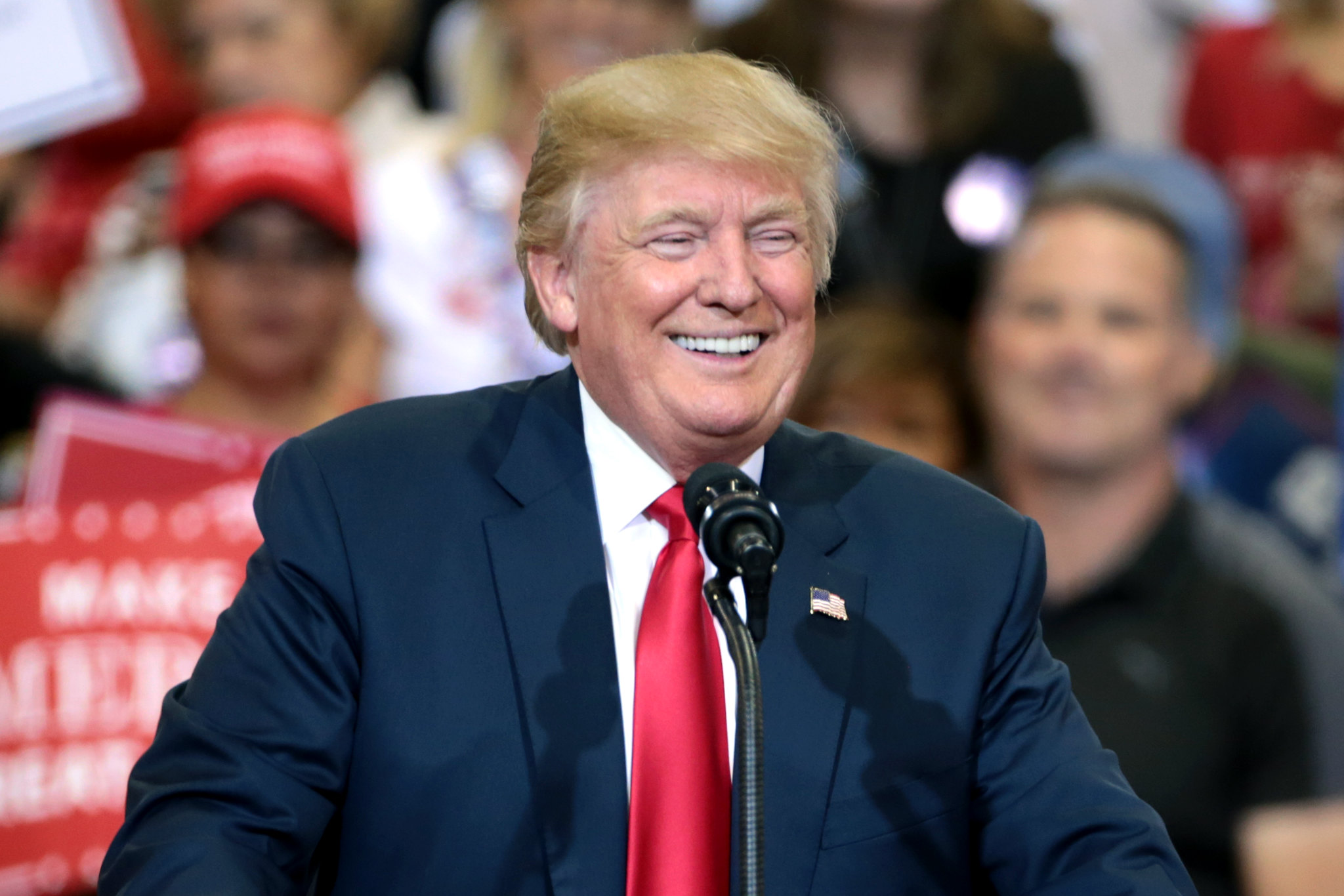
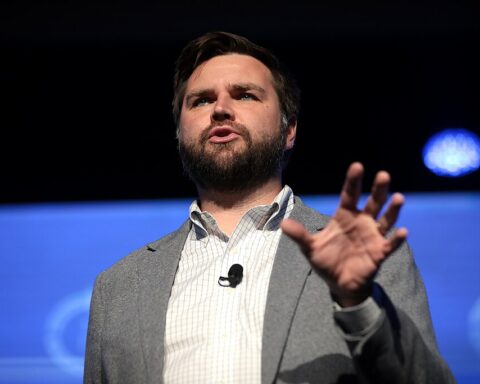
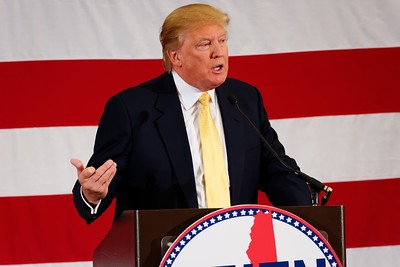
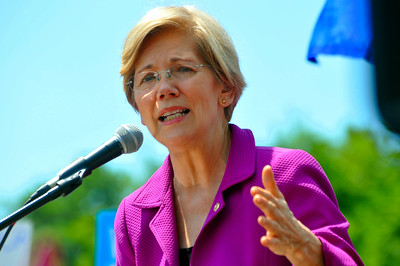
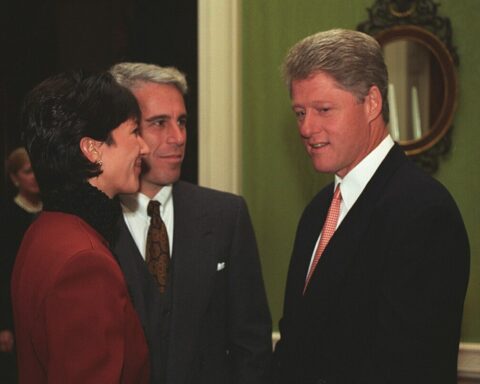
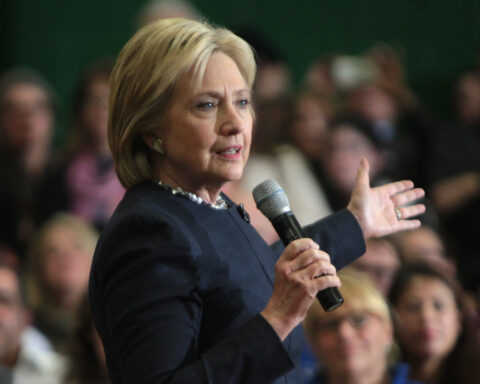
Go get them President Trump, as you said we have been taken advantage of for far to long. Those crying the loudest are the ones who will be the losers especially the whining democratic politicians and the RINO’S.
This is rapidly identifying the countries which get more from us than we get from them. Which is about all of them we trade with.